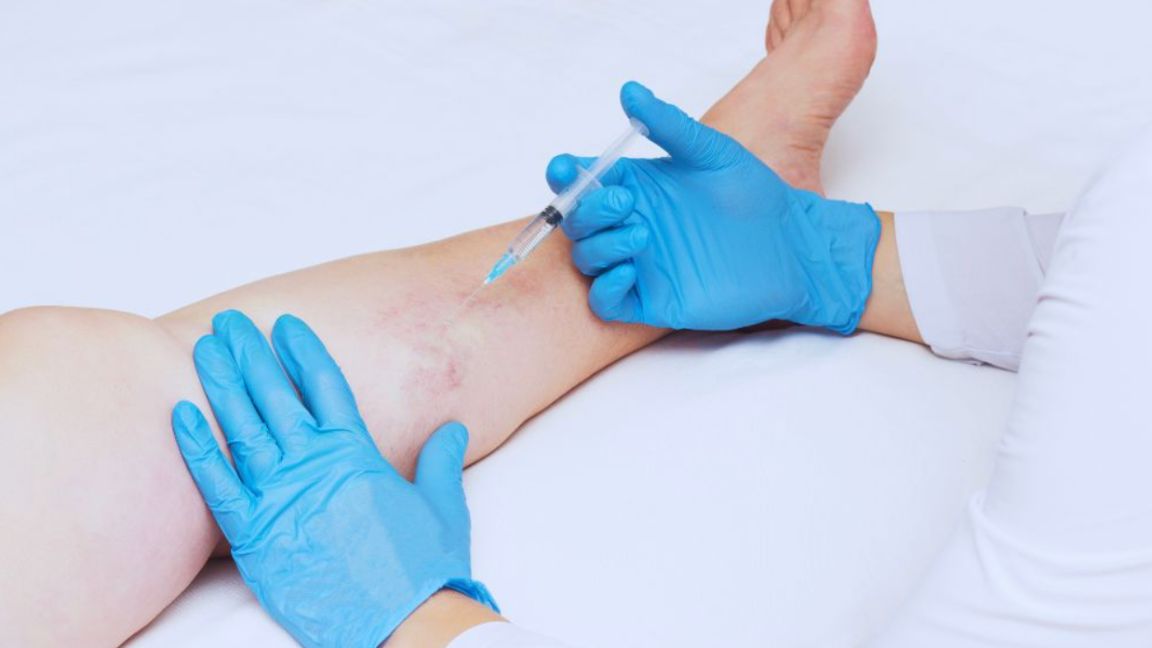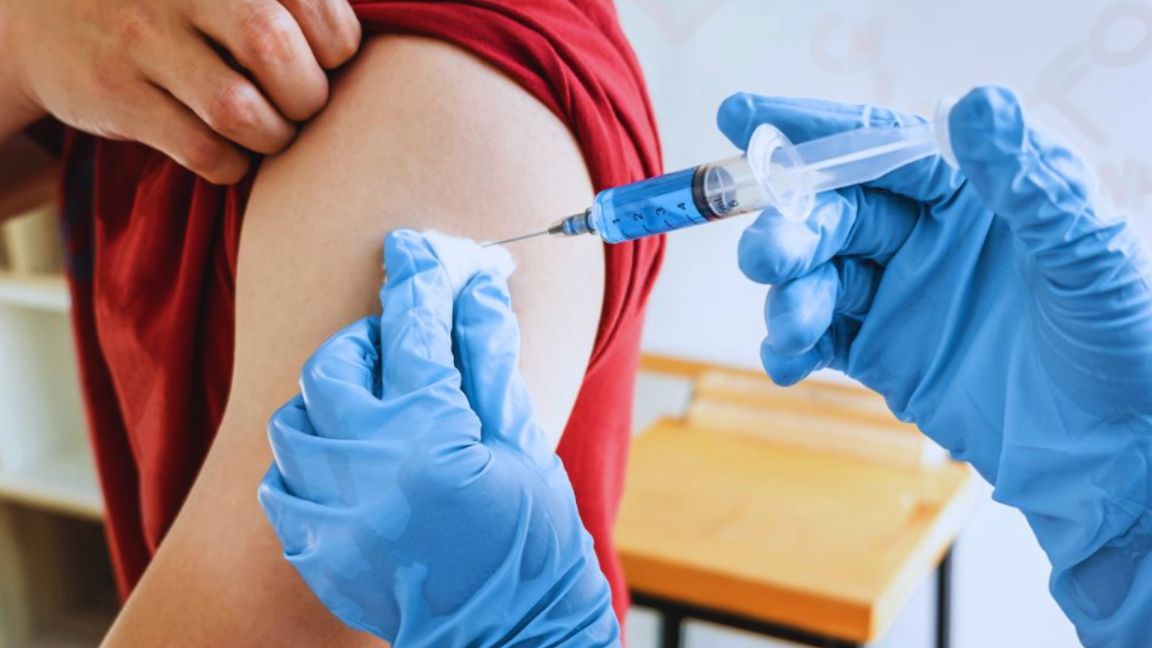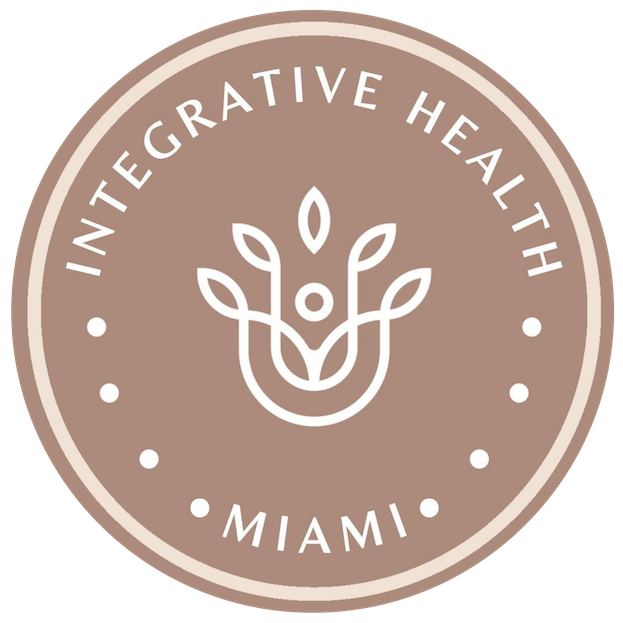Peptides for Recovery: What Should You Know?
Table of Contents
TogglePeptides for recovery are gaining attention in the health and wellness community for their investigational potential to support healing, tissue repair, and rehabilitation; however, these uses are not established medical treatments and remain under research. These naturally occurring chains of amino acids help regulate key physiological processes in the body. When incorporated into recovery protocols under medical supervision, peptides may potentially help modulate inflammation and support the body’s natural repair mechanisms; however, these effects have not been conclusively demonstrated in human studies. Their use for recovery-related purposes is investigational and not approved for therapeutic use by the FDA. Most of the available evidence for peptides such as BPC-157 and TB-500 comes from animal studies or small pilot studies in humans. Large, well-controlled clinical trials in humans are lacking, so the safety and efficacy of these peptides for recovery remain unproven, and they are not FDA-approved for therapeutic use in humans in the United States outside of approved clinical trials. Reported benefits are largely anecdotal or based on preliminary research, and individual outcomes may vary significantly.
Whether you’re recovering from an injury, physical activity, or surgery, peptides may be considered as part of a wellness plan under the guidance of a Florida-licensed healthcare provider. Their use for these indications is not FDA-approved and remains investigational.

At Integrative Health Miami, we understand that each person’s health journey is unique. We incorporate peptides for recovery to help you work toward your health goals and support your long-term wellness. Our team takes time to learn about your needs, align care with your objectives, and offer guidance throughout your recovery. We tailor each treatment plan to your health profile so you receive individualized attention and ongoing support.
Experience Integrative Peptide Therapy for Recovery
Call Integrative Health Miami at (305) 456-6026 Today!
What to Know About Peptides for Recovery
What Are Peptides and How Do They Work?
Peptides are short chains of amino acids, typically made up of two to fifty units. Although they share structural similarities with proteins, peptides are smaller and often serve as messengers within the body. They can influence processes such as hormone production, immune response, and cell signaling. Depending on their type, peptides may play a role in tissue repair, inflammation, or collagen synthesis.
Many peptides, however, have limited stability in the body and break down quickly, which can reduce their effectiveness. In addition, most peptides primarily interact with extracellular pathways and may not directly impact intracellular processes. Much of the current understanding of their mechanisms comes from theoretical models or preclinical studies in animals, and these effects have not been conclusively demonstrated in human clinical trials.
Most peptides promoted for recovery, including BPC-157 and TB-500, do not have FDA approval for human therapeutic use in the United States. Their use outside of clinical trials is investigational. It must comply with Florida law, be prescribed by a licensed Florida healthcare provider, and be sourced from a registered compounding pharmacy or FDA-registered outsourcing facility, in accordance with Florida Board of Medicine guidelines. Their use outside of clinical trials remains investigational and should take place only under the supervision of a licensed Florida healthcare provider, following Florida Board of Medicine rules as well as DEA and FDA regulations. While some peptide-based therapies, such as GLP-1 analogs for diabetes, have received FDA approval, this approval does not apply to peptides used for musculoskeletal recovery or sports-related injuries.
What Is the Science Behind Peptides for Recovery?

Peptides for recovery act by imitating the body’s natural signaling molecules, which may help support healing following illness or injury. Healthcare providers in Florida may administer these peptides through subcutaneous injection, and in some cases, as a nasal spray or topical application, but only in compliance with Florida Board of Medicine regulations and applicable federal laws.
Administration should always take place under the supervision of a Florida-licensed provider and in accordance with Florida Board of Medicine regulations. State law requires that compounded peptides must be obtained from a Florida-licensed compounding pharmacy or an FDA-registered outsourcing facility to ensure patient safety and legal compliance. Once administered, peptides interact with specific cell receptors and can trigger biological responses such as growth factor release, collagen production, and tissue repair.
Peptides may offer more targeted effects than some systemic therapies, though further research is needed to better understand their safety and effectiveness. For example, researchers have studied TB-500 for its potential role in wound healing, and BPC-157 for its possible support of tendon, ligament, and muscle recovery. Peptides like CJC-1295 and Ipamorelin may stimulate growth hormone release, which could contribute to muscle repair and recovery. Most peptides used for recovery are considered off-label and investigational in the United States, and they are not FDA-approved for treating injuries, surgery recovery, or sports-related conditions. Human clinical evidence remains limited.
Some individuals have reported benefits such as improved strength, mood, or mobility, which may relate to the physiological effects of peptides. However, current clinical evidence supporting these outcomes is limited.
Key Peptides for Recovery and Their Potential Benefits
Researchers continue to explore several peptides for their possible role in recovery, each offering distinct characteristics:
- BPC-157: Often called the ‘Body Protection Compound,’ BPC-157 is not FDA-approved for human use in the United States. Most available studies have examined its effects on muscle, tendon, and ligament healing, inflammation reduction, and blood flow improvement in animal models. Its safety and effectiveness in humans have not been established, and its use is investigational.
- TB-500: This synthetic version of thymosin beta-4 is also not FDA-approved for human use in the United States. Studies are investigating its potential to promote tissue regeneration and cell migration, which may support wound closure and muscle repair. Human safety and efficacy data remain limited, and its use is investigational.
- CJC-1295 and Ipamorelin: These peptides are sometimes combined under medical supervision to stimulate the body’s natural growth hormone production, which plays a role in muscle repair, joint health, and recovery. Use of these peptides for recovery is considered investigational and, in some cases, off-label. Their use must comply with FDA regulations, Florida law, and accepted medical standards.
GHK-Cu (Copper Peptide): Preliminary research indicates that GHK-Cu may assist with wound healing, inflammation reduction, and collagen production, potentially benefiting skin and connective tissue repair. Its antioxidant properties may also help address oxidative stress, a factor in cellular damage during recovery. These findings are not yet established in large human studies.
Frequently Asked Questions
What Peptide Might Support Body Recovery?
No single peptide suits every recovery need. Peptides such as BPC-157 and TB-500 are often considered for their potential healing and anti-inflammatory properties. At Integrative Health Miami, a medical provider reviews your health profile and goals to suggest options tailored to you.
Do Peptides Work for Recovery?
Peptides may support recovery by interacting with the body’s natural healing mechanisms. They are being researched for their potential in regenerative care when used under professional supervision. While some people report shorter recovery times and improved function, these observations are anecdotal and may not be directly attributable to peptide use.
Does Insurance Cover Peptides?
Most insurance plans in Florida do not cover peptides for recovery, as they are usually classified as elective, experimental, or investigational. Coverage decisions depend on the insurer, but most peptides used for recovery are classified as elective or investigational and not typically reimbursed. Some FDA-approved peptides may be covered in certain cases, but many are prescribed off-label. Patients typically pay out of pocket. Integrative Health Miami can review costs and discuss possible reimbursement options, but coverage is not guaranteed.
What Side Effects Can Peptides Cause?
Peptides may cause mild and temporary side effects, such as fatigue, headaches, or redness at the injection site. More serious effects, including hormone-related changes, allergic reactions, or immune responses, may also occur. The risk of side effects may increase if peptides are not prepared by FDA-registered outsourcing facilities or Florida-licensed compounding pharmacies, as required by Florida law and federal compounding regulations. Patients are encouraged to verify the credentials of their healthcare provider and compounding pharmacy. The Florida Department of Health offers resources for license verification (flhealthsource.gov). Because long-term safety data are limited, peptide therapy should only be administered under the close supervision of a qualified healthcare provider.
Support Your Recovery with Peptides

Peptide therapy for recovery is a growing area of interest in integrative medicine. By focusing on specific healing processes and encouraging tissue regeneration, peptides may provide an investigational option for individuals recovering from injury, surgery, or chronic conditions. It is important to note that these applications are investigational, not established treatments, and no guarantee of benefit can be made. It is necessary to continue to study how peptides may contribute to health and wellness.
At Integrative Health Miami, we include personalized peptide therapy as part of our holistic care model. Our team offers research-informed options that reflect clinical judgment, align with your recovery goals, and comply with Florida law and accepted medical standards. Although some people have reported benefits such as improved strength, mobility, or well-being, these experiences are anecdotal and have not been confirmed in large-scale human studies. Individual results are not guaranteed.
Explore Peptide Therapy for Recovery
Call Integrative Health Miami at (305) 456-6026 Today!
Integrative Health Miami
2655 S Le Jeune Rd, Suite 902, Miami, FL 33134
(305) 456-6026
Disclaimer: This content is provided for informational and educational purposes only and is not intended as medical advice. Consult a qualified healthcare professional before making any health-related decisions or changes. Reliance on this information is at your own risk. For more information about your rights as a patient in Florida, please refer to the Florida Patients’ Bill of Rights and Responsibilities.
